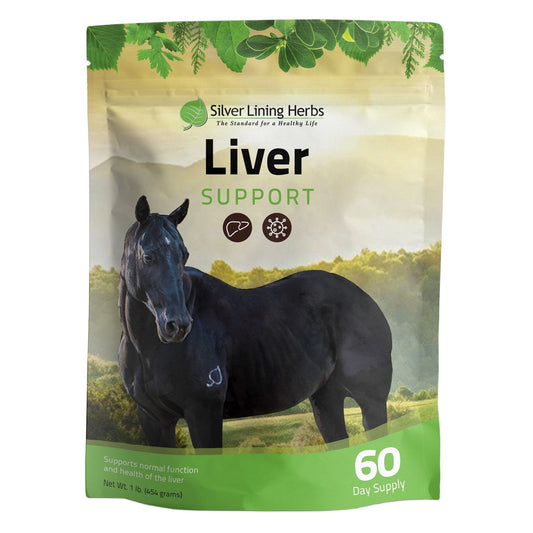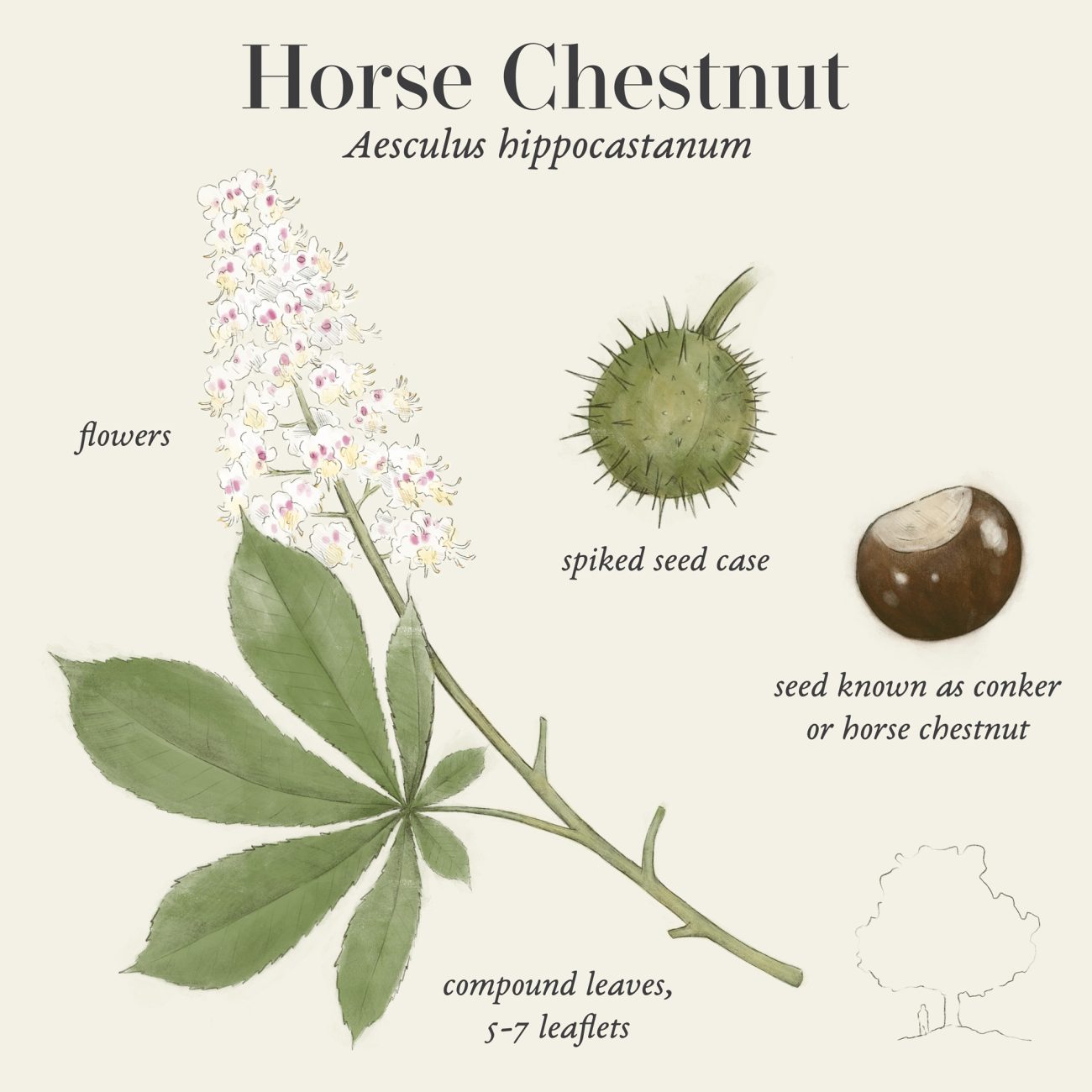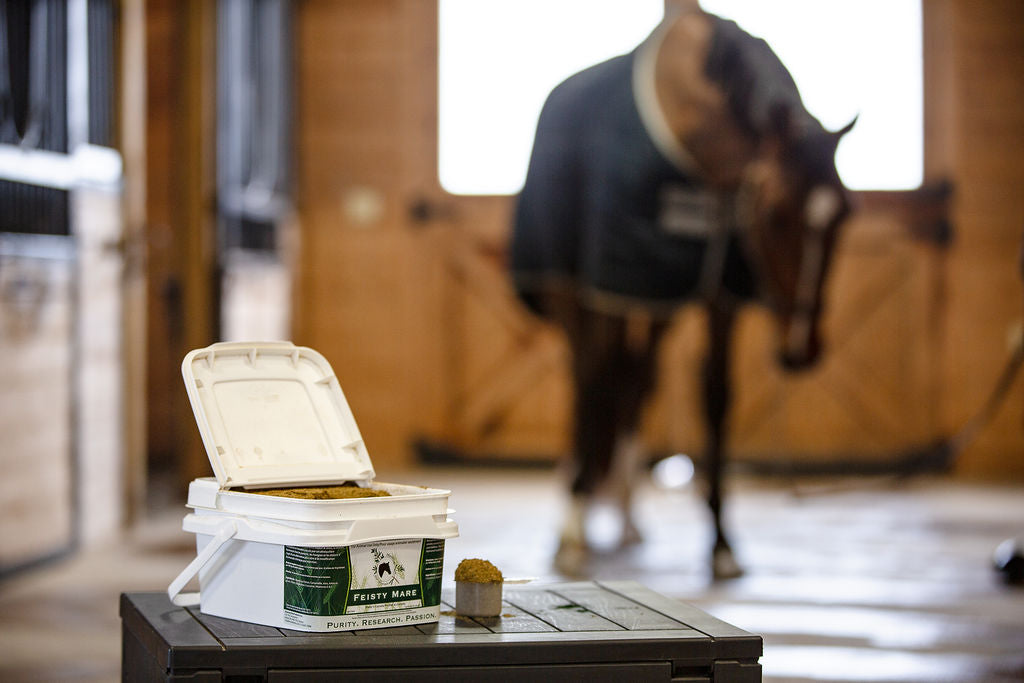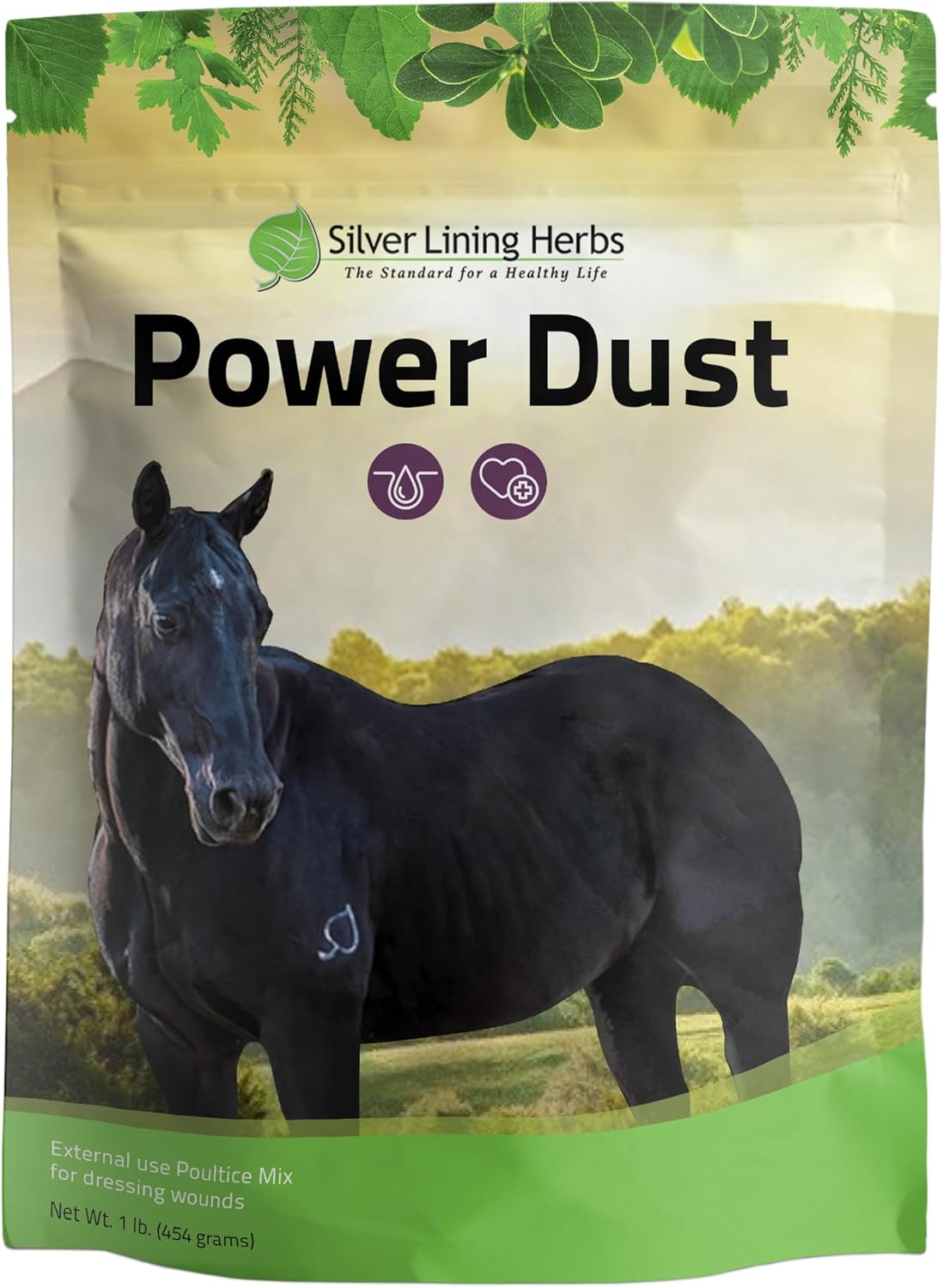Herbal Remedies: Safe vs Dangerous Plants for Your Horse

Herbal remedies have long been used in equine care to support health and treat minor ailments. However, not all plants are safe for horses, and some can be dangerously toxic. This article explores the benefits and risks of herbal treatments, helping you make informed decisions for your horse’s wellbeing.
Understanding Herbal Remedies for Horses

Herbal remedies involve using plants or plant extracts to promote health or treat conditions. They can be administered as teas, tinctures, powders, or topical applications. While many herbs offer therapeutic benefits, horses have unique digestive systems and sensitivities, making it crucial to distinguish between safe and harmful plants.
Safe Herbal Plants for Horses

Here are some commonly used safe herbs and their benefits:
| Plant Name | Benefits | Usage Forms |
|---|---|---|
| Chamomile | Calming, anti-inflammatory | Tea, tincture |
| Peppermint | Digestive aid, relieves colic | Tea, oil |
| Milk Thistle | Liver support | Capsules, powder |
| Echinacea | Immune booster | Tincture, powder |
| Aloe Vera | Skin healing, anti-inflammatory | Gel, topical |
These herbs can help with digestion, immune support, and skin conditions when used appropriately.
Dangerous Plants to Avoid
Certain plants are toxic to horses and can cause severe health issues or death. Avoid these plants in pastures and feed:
- Yew (Taxus spp.): Highly toxic; ingestion can cause sudden death.
- Oleander (Nerium oleander): Contains cardiac glycosides; fatal if consumed.
- Ragwort (Senecio jacobaea): Causes liver damage over time.
- Foxglove (Digitalis purpurea): Contains digitalis; affects heart function.
- Hemlock (Conium maculatum): Neurotoxic; can cause paralysis.
How to Safely Use Herbal Remedies
- Consult a Veterinarian: Always seek professional advice before introducing herbs.
- Proper Identification: Ensure correct plant species to avoid accidental poisoning.
- Dosage and Preparation: Follow recommended dosages; improper use can be harmful.
- Monitor Your Horse: Watch for adverse reactions or allergies.
FAQ
Q1: Can herbal remedies replace veterinary medicine?
A1: Herbal remedies can complement but should not replace professional veterinary care.
Q2: How do I know if a plant is safe for my horse?
A2: Consult reliable sources or a veterinarian; never assume a plant is safe.
Q3: Are all natural plants safe?
A3: No, many natural plants are toxic; “natural” does not always mean safe.
Q4: Can I grow safe herbs in my horse’s pasture?
A4: Yes, but ensure they do not get mixed with toxic plants.
Conclusion
Using herbal remedies for your horse can be beneficial when done with caution and knowledge. Understanding which plants are safe and which are dangerous is essential to protect your horse’s health. Always prioritize professional guidance and careful observation when incorporating herbs into equine care.
